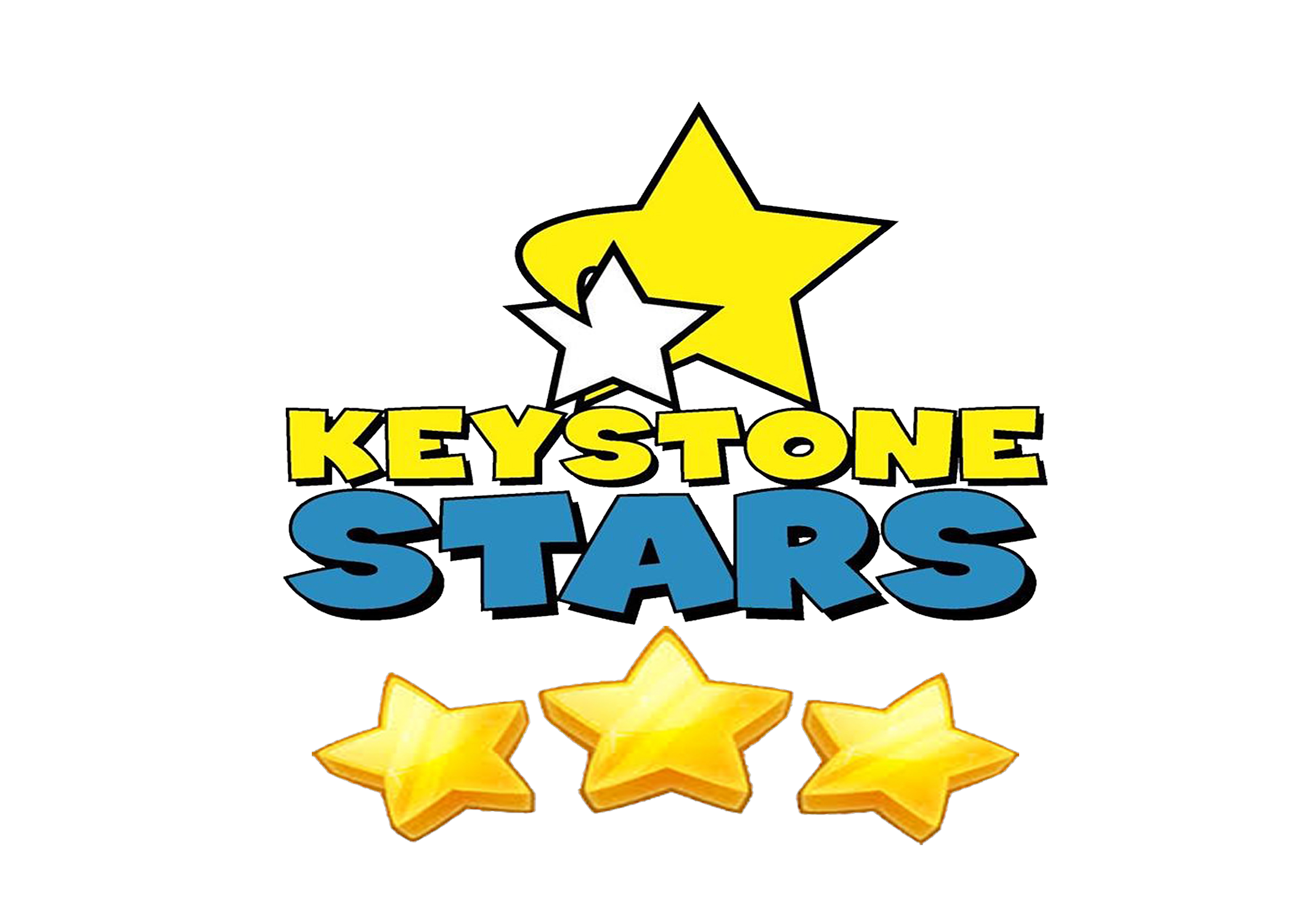Our Philosophy
In Watch Us Grow Learning Center we believe that the children are the key to the future. Therefor is our priority to provide a top of the line-learning environment, which will encourage your child to become a leader tomorrow. Our center is fully equipped with the latest technology, well-trained teachers and staff that will assure your child’s well-being, safety as well as learning.
Watch Us Grow Learning Center understands that each child is its own individuals and has their own unique learning style. Our role as your Child Care provider is to accommodate to the best of our knowledge each child according to their learning style and aid them in accomplishing success in their future. We understand the first years of the children’s life are the most important, therefor we strive to incorporate what we believe will be the best available learning experience that a learning center can provide.
We promote child learning by incorporating a curriculum that includes:
Playing as a form of learning
Art, Music and Dramatic play
Outdoor and Indoor Activities
Social, Sensory and Emotional Development
Physical and Wellness
Creativity
Science and Stem
Leadership and Collaboration
"It’s not what happens to you, but how you react to it that matters.”
— Epictetus
Education Is Our Focus
The educational philosophy at the Campus Children’s Center is child centered and developmentally based. It is based on the knowledge that young children learn through their direct interactions with their environment and the people within it.
While children do go through specific stages of development, each child grows and learns at a pace that is individually specific. Age is not necessarily an accurate indicator of development.
The teacher’s role in a child centered learning environment is that of a collaborative learner and a facilitator and extender of the children’s learning. The primary role of the teacher is to arrange the learning environment to encourage choices and to allow the children to work independently. In addition, the teacher interacts with the children while encouraging problem solving and language experiences using open ended language and questions. The teacher also spends a great deal of time observing the children during their play and can then plan activities that extend the interests of the children. Such planning is flexible and short term to meet the needs of the learning group.
How Do We Do It?
We focus on the whole child paying attention to facilitation of cognitive, language, social/emotional, approaches to learning, health, physical (fine motor, gross motor, & self-help skills), and emergent literacy
“A child is like a butterfly in the wind some can fly higher than others, but each one flies the best it can. Why compare one against the other? Each one is different, each one is special, each one is beautiful.



